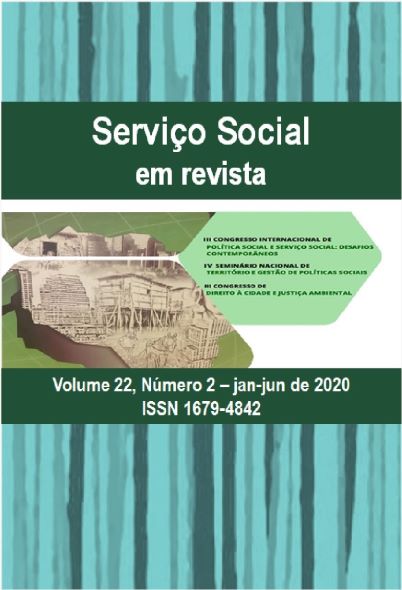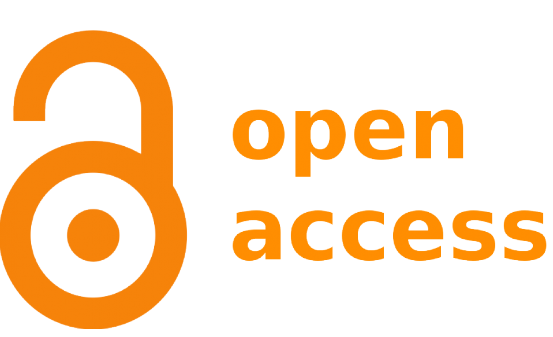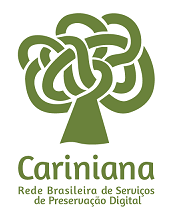Solidarity economy and its social program
DOI:
https://doi.org/10.5433/1679-4842.2020v22n2p304Keywords:
Work and income generation. Support Institutions, Viability, Solidarity Economy Program.Abstract
This article aims to demonstrate the results of a research that investigated the contribution of the extinct Program of Solidary Economy in Development to the viability of collective experiences of generation of work and income in Rio Grande do Sul. This social program was created in 2003, by the federal government, with a view to strengthening work and income generation ventures, together with the Secretariat for Solidarity Economy - Senaes - which was extinguished in 2016. The operationalization of the mentioned Program took place through partnerships established between the State (National Secretariat for Solidarity Economy - Senaes), civil society institutions, other government sectors and university incubators. It was assumed that the Program was constituted as an element that promotes income generation for subjects who were on the margins of the formal labor market, especially the less qualified, but which, contradictorily, was also configured in capitalism regulation mechanisms, to mitigate class conflicts and reproduce the system. It was found that, both the State, through the Program, in partnership with civil society institutions, other government sectors, including university incubators, could, even if in an incipient way, potentially enable the experiences of Popular Solidarity Economy.Downloads
References
BRASIL. Ministério do Trabalho e Emprego. Organização nacional da comercialização dos produtos e serviços de empreendimentos econômico solidário. Disponível em: http://www.mte.gov.br/ ecosolidaria/prog_organizacao.asp. Acesso em: 4 mar. 2011a.
BRASIL. Ministério do Trabalho e Emprego. Programa economia solidária em desenvolvimento. Disponível em: http://www.mte.gov.br/ecosolidaria/prog_default.asp. Acesso em: 2 mar. 2011c. era 2011b.
ECONOMIA solidária. Mapeamento Rio Grande do Sul. Brasília: Impressão AMBP, 2007.
EID, Farid. Análise sobre processos de formação de incubadoras universitárias da Unitrabalho e metodologia de incubação de EES. In: PICANÇO, Iraci; TIRIBA, Lia (org.). Trabalho e educação. Aparecida, SP: Ideias & Letras, 2004. p. 167-188.
LEBOUTTE, Paulo. Economia popular solidária e políticas públicas: a experiência pioneira do Rio Grande do Sul: ITCP; Rio de Janeiro: COPPE, 2003.
SIES. Sistema Nacional de Informações em Economia Solidária. Economia Solidária. Mapeamento Rio Grande do Sul. Impressão: AMBP - Sociedade Banco de Projetos. A publicação deste caderno, "Economia Solidária - Mapeamento Rio Grande do Sul" é resultado do mapeamento nacional realizado pela Secretaria Nacional de Economia Solidária (Senaes/MTE), em Convênio firmado entre Unitrabalho e Finep, Ref: 2297/06 - nº 01.06.0547.00, 2007
SINGER, Paul. Economia socialista. In: SINGER, Paul; MACHADO, João (org.). Economia socialista. São Paulo: Fundação Perseu Abramo, 2000.
YAZBEK, Maria Carmelita. Pobreza e exclusão social: expressões da questão social no Brasil. Temporalis, São Paulo, v. 3, p. 33-40, 2001.
Downloads
Published
How to Cite
Issue
Section
License
Copyright (c) 2020 Serviço Social em Revista

This work is licensed under a Creative Commons Attribution-NonCommercial-NoDerivatives 4.0 International License.
A revista se reserva o direito de efetuar, nos originais, alterações de ordem normativa, ortográfica e gramatical, com vistas a manter o padrão culto da língua e a credibilidade do veículo. Respeitará, no entanto, o estilo de escrever dos autores. Alterações, correções ou sugestões de ordem conceitual serão encaminhadas aos autores, quando necessário. Nesses casos, os artigos, depois de adequados, deverão ser submetidos a nova apreciação. As provas finais não serão encaminhadas aos autores. Os trabalhos publicados passam a ser propriedade da revista Serviço Social em Revista, ficando sua reimpressão total ou parcial sujeita a autorização expressa da revista. Em todas as citações posteriores, deverá ser consignada a fonte original de publicação, no caso a Serviço Social em Revista. As opiniões emitidas pelos autores dos artigos são de sua exclusiva responsabilidade.














